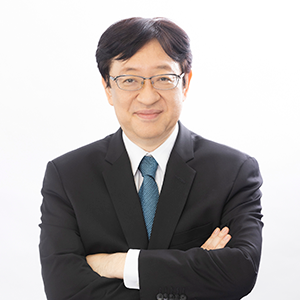Two presentations were accepted for the demonstration exhibition and two for the poster exhibition.

My major preoccupation has always been how to find far-reaching solutions to major problems and what frameworks must be created to accelerate progress towards those solutions. I studied particle physics in college, later moving into computer science, in particular artificial intelligence research, and then engaging in research into massively parallel artificial intelligence, voice recognition systems, and machine learning. But I felt that in order to accelerate progress in AI and robotics, it would be necessary to establish some kind of big goal and global project. This became RoboCup, a project with the target of developing a team of fully autonomous humanoid robots able to win the FIFA World Cup by 2050. At the same time, I started to realize that intelligence is a byproduct of evolution, so I would have to study life itself. And so I switched to biosciences research, where I soon recognized the need for a conceptual shift from reductionist research into genes and proteins to a systems thinking approach. In order to accelerate that shift, I advocated 'systems biology' an emerging area of life science back in mid 90's, which is well accepted discipline in life science today. At the same time, it became clear that human intelligence may fall short of handling vastness and complexity of living systems and data generated to uncrack the system. Artificial Intelligence system has to be developed that can assist human in scientific research and accelerate the speed of scientific discovery. This may imply the modality of scientific research itself may be transformed into Human-AI symbiotic activities.
Two presentations were accepted for the demonstration exhibition and two for the poster exhibition.